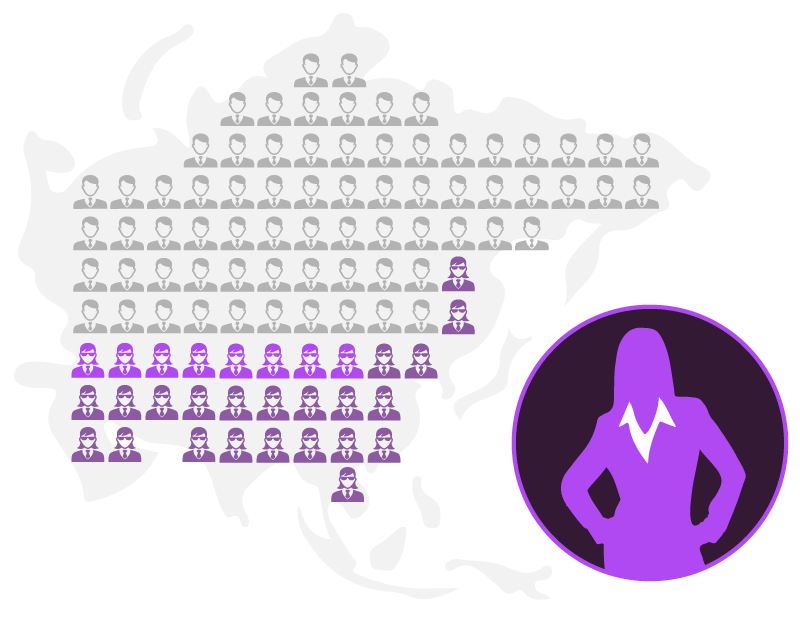Asian consumers are changing the way they think
...about relationships, religion, sexuality, race, gender, work and home.
Across the continent, traditional views on a range of fundamental social issues are amid transformation. In some instances, that change is happening faster than anywhere else on the planet.
One example?
Between 2007 and 2013, the proportion of people in South Korea who say homosexuality should be accepted by society rose from 18% to 39%: the largest increase among any of the 39 countries surveyed, which included the US, Brazil and Australia (Pew Research, June 2013).
When it comes to these changes, context is everything.
So don't get us wrong ;)
When it comes to social norms that are centuries (or more!) old, change doesn’t happen overnight, everywhere, or uniformly.
So yes: across much (but not all) of Asia, traditional views on marriage, religion, sexuality and more prevail.
Often, it’s not the current numbers that are head-turning (for instance, 39% of people in South Korea now think being gay is okay, against 88% in Spain). It’s the fact of new attitudinal changes, and the pace of those changes, that demand attention.
Because, of course, it’s often when these attitudinal changes begin, and when they’re at their fastest, that they are most socially disruptive.
Four big shifts propelling the NEW NORMAL.
Amid the many other (complex) forces at work.
These four drivers are playing a key role in the erosion of old social norms and the evolution of new beliefs, attitudes and mindsets:
- GLOBAL BRAIN: Growth in internet users in APAC beats the global average by 60% (ComScore, July 2013).
- Urbanization: According to UNDESA, in the last two decades the APAC urban proportion has risen by 29%, more than any other region.
- Female spending power: Female participation in the labour force in Singapore has increased from 51% in 2003 to 58% in 2013 (Ministry of Manpower* Singapore, September 2013).
- Travel: It’s estimated that outbound travel from India will rise from 4.5 million people in 2011 to 70 million by 2030 (Amadeus & Oxford Economics, April 2014).
* Time to change the name to Ministry of People Power? ;)
The consequence?
An ever-growing expectation gap.
Attitudes (among many) are changing fast. But institutions – brands included – tend to change slowly.
The result? Millions of consumers who expect brands to understand, speak to and serve their identities, lifestyles and attitudes find that desire is going unmet.
But now, a few forward thinking brands are daring to address and serve the many varieties of NEW NORMAL arising across the continent.
Just check out the examples that follow.

The proportion of female employers increased by 8%, – from 22% to 30% – in Asia Pacific between 2002 and 2012. Globally, the average increase was 5%.
UNESCAP, 2013
FEATURED INNOVATIONS
Tanishq
Indian jewelry ad celebrates remarriage
In October 2013, Indian jewelry brand Tanishq promoted its wedding collection with a television advert celebrating remarriage. The first campaign of its kind in India – which typically focuses on traditional family structures – the 90-second commercial depicted a bride on her wedding day, along with her daughter from a previous union.
Ooredoo
Telecoms program enables Myanmar women to run their own small business
September 2013 saw Qatari telecommunications brand Ooredoo unveil an initiative giving women in Myanmar the opportunity to sell prepaid cellphone airtime to their community. Each participant is offered small business training, and supplied with a start-up kit that includes a cellphone, promotional content, and an operating manual. The program is run in partnership with the Cherie Blair Foundation, and is part of the Clinton Global Initiative. Ooredoo plans to train 30,000 women by 2016.
Pantene
Philippino shampoo ad questions gender stereotypes
November 2013 saw haircare brand Pantene launch the Labels Against Women TV ad in the Philippines, highlighting the different ‘labels’ given to men and women in the workplace. In the clip, a male executive is categorized as ‘persuasive’ while his female counterpart is called ‘pushy’. When Facebook executive Sheryl Sandberg mentioned the ad on her Facebook page, it gained international media attention. By May 2014, a YouTube clip of the ad uploaded by Pantene had achieved over 46 million views.
ELEMENT
Asia's 'first gay lifestyle magazine'
Billed as Asia’s first lifestyle and fashion magazine for gay men, ELEMENT launched in Singapore in April 2013. Homosexual sex is illegal in Singapore, and ELEMENT magazine is published online only to circumvent legal and social pressures against gay people. Hoping to become ‘the voice of gay Asia’, ELEMENT is published bi-monthly.
'Reunion' video ad builds bridge between India and Pakistan
In November 2013 Google released the Google Search: Reunion video ad, which deals with the politically sensitive subject of the 1947 partition. In the three-and-a-half minute video, an Indian Punjabi describes his childhood in Lahore, before remembering how partition separated him from his childhood friend. By May 2014, the video had been viewed 11.9 million times.
Hafu
Japanese documentary chronicles mixed-race experiences
Released in Tokyo during October 2013, Hafu is the first full-length movie focusing on the experience of half-Japanese individuals. Featuring five narrators (including the half-Venezuelan founder of Mixed Roots Kansai), the movie documents the personal, cultural and educational challenges faced by individuals of mixed-Japanese origin. Approximately one in 30 children born in Japan have one non-Japanese parent.
Chuan Spa Hong Kong
Spa treatment for men
In March 2014, the Chuan Spa at Langham Place hotel in Hong Kong launched a new treatment aimed at men: The Metropolitan. The 90-minutes treatment includes a back massage, back scrub, Paraffin mask, leg massage and facial. The treatment costs HKD 1,088.
Korean Air
Personal grooming workshop for male staff
In February 2013, Korean Air held a beauty and personal grooming workshop for male staff at the airline’s training center in Seoul. During the three-hour ‘Image Making for Servicemen’ event, a team of image consultants and makeup professionals instructed recently recruited male ground staff on personal grooming, skincare and basic makeup techniques.
Biotherm Homme
Skincare for men brand opens first ever store in Singapore
In Singapore in May 2013 French male skincare brand Biotherm Homme launched its first standalone store. The store features a consultation area and a skincare lounge offering four kinds of facials.
Asian Paints
Indian ad campaign pokes fun at husbands
In January 2014, Indian paints brand Asian Paints launched its Husbands are Useless video ad campaign. In a series of four videos, Indian wives were depicted speaking to their husbands about home decoration, before a cutaway shot reveals the ‘husband’ to be a brick wall. The ads closed by encouraging women to visit the Asian Paints website, and plan home redecoration themselves.
Tourism Authority of Thailand
Campaign welcomes LGBT travelers
March 2013 saw the Tourism Authority of Thailand launch Go Thai. Be Free: a campaign welcoming and catering to LGBT travelers. The first of its kind in an Asian country, the campaign’s dedicated website lists popular gay-friendly destinations, such as hotels, restaurants, bars and clubs. The campaign also includes a travel blog, and travel packages for gay couples with prices starting from USD 1,029.
Coca-Cola & Singapore Kindness Movement
Brand recognizes contribution of guest workers
In March 2014, Coca-Cola Singapore partnered with the Singapore Kindness Movement to launch the #CokeDrones campaign. The campaign saw drones sent to deliver cans of Coke to guest workers on construction sites across the city-state. The delivered packages also contained photo messages from Singaporeans, thanking guest workers for the contribution they make to the city.










